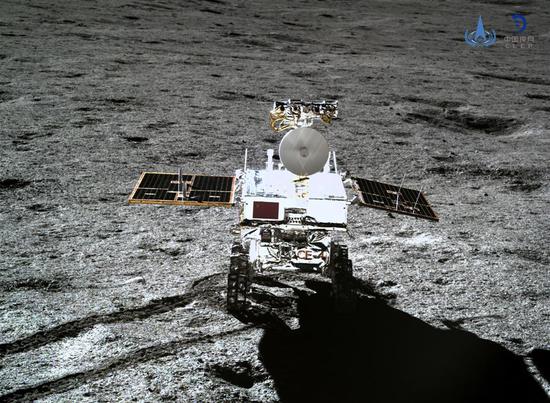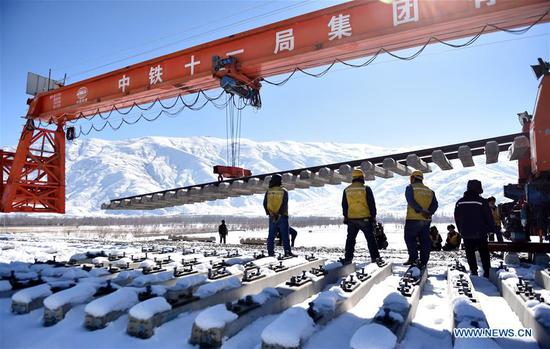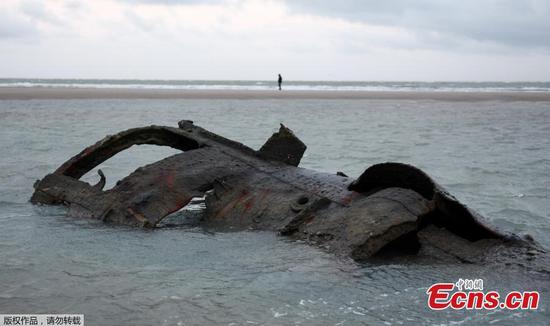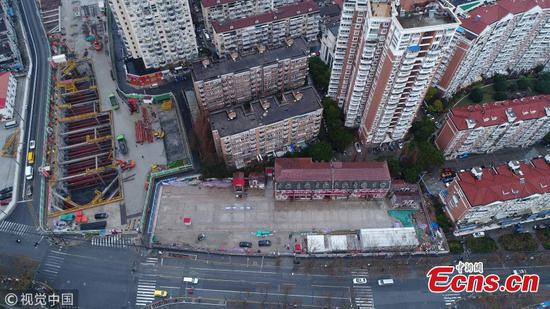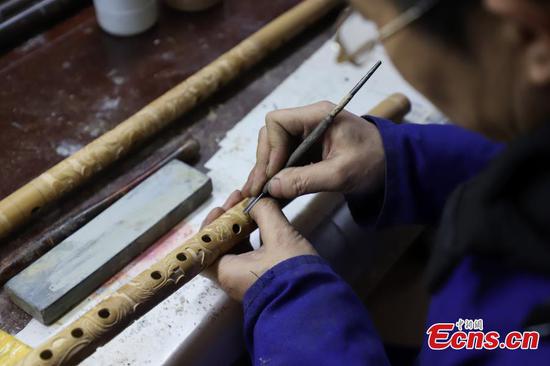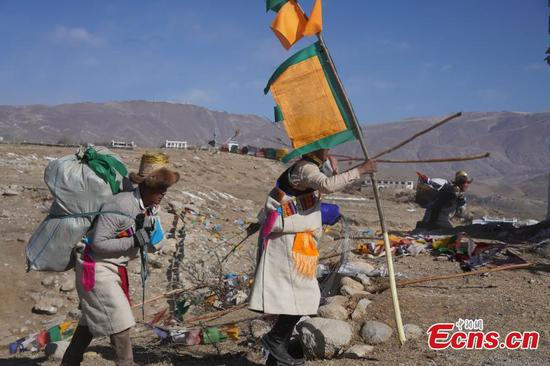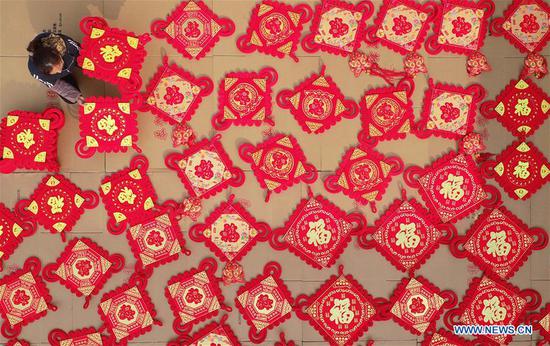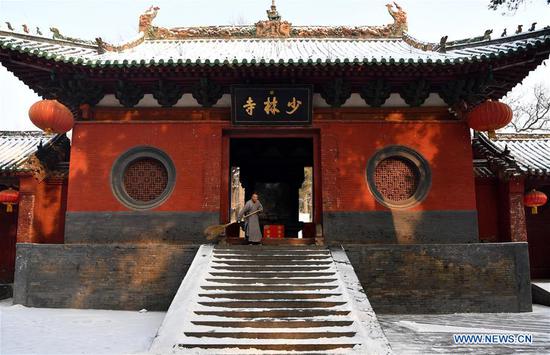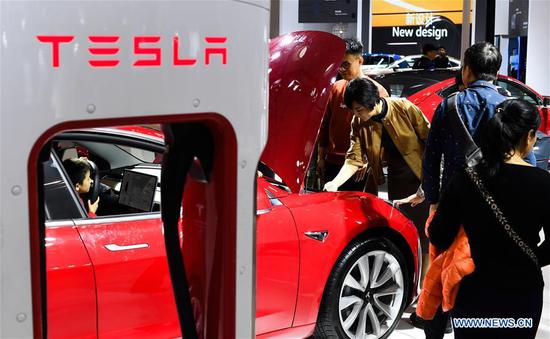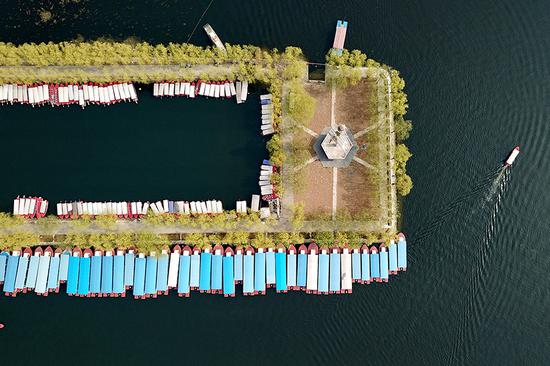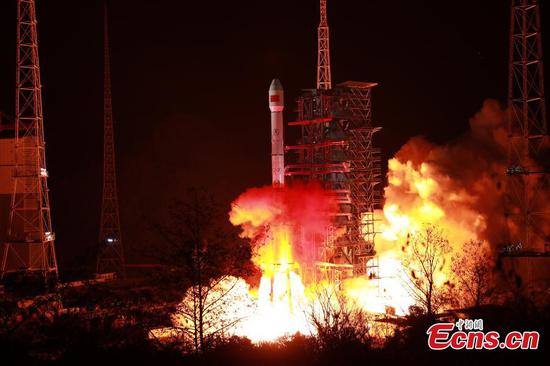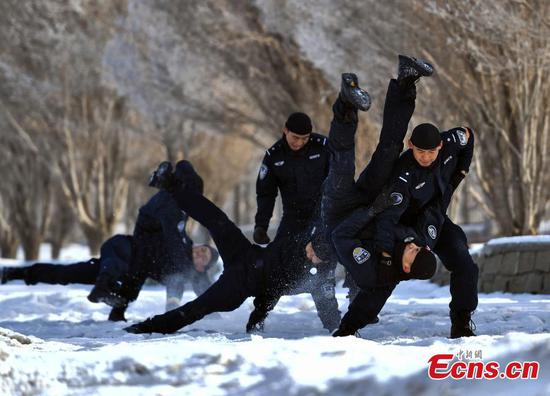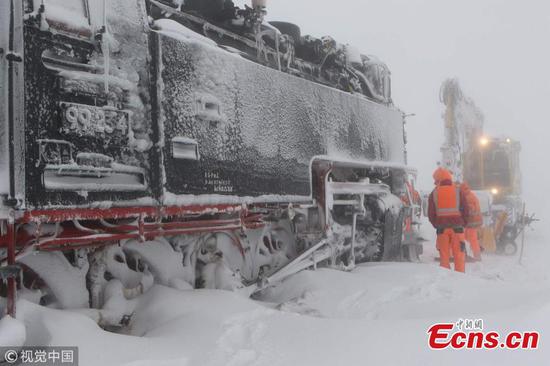After showing signs of fatigue during the holidays, "yellow vest" social movement drew more people on Saturday in the ninth consecutive weekend protests, as the government is seeking public consultations in a bid to end the unrest.
Citing police sources, BFMTV news channel said 32,000 protesters took to the streets by 1300 GMT across France. The turnout was up from a week ago when 26,000 people demonstrated.
In Paris, Saturday's protests coordinated by "yellow vests" via social media against President Emmanuel Macron's leadership has gathered 8,000 participants compared with 2,000 on Jan. 5.
Posing serious test to the government's policing tactics, the fresh round of the social movement was relatively calm with no major incidents reported at the start, unlike last weekend when some protesters violently clashed with anti-riot police, invaded a government building compound and set cars a blaze near the Champs Elysees avenue.
However, tension flared hours later. Tear gas clouds rose into the air above L'Arc de Triomphe and the Place de L'Etoile where first clashes between police and protesters broke out at around 1430 GMT, after "yellow vests" tried to break through security cordons.
Anti-riot officers responded with tear gas, stun grenades and water cannon to disperse the crowd that threw projectiles at them.
Similar incidents were also reported in Bourges, Toulouse and Nimes.
In the French capital, 102 people were arrested for carrying objects that could be used as weapons, according to figures released by the Interior Ministry.
The "yellow vest" movement, a nationwide protest against weak economic performance and stagnant income increase under President Emmanuel Macron, started as a campaign against surge in fuel prices in November 2018.
Since then, thousands of drivers wearing highly visible yellow vests had blocked roads across the country and staged street protests that had been transformed into social rebellion demanding Macron to step down.
Despite capitulating over plans for fuel taxes, France's youngest president in its modern history has struggled to ease the anger that cast doubt on his political credentials to reform one of Europe's major powers and lead the countrymen, most of whom disapprove his action, according to the country's pollsters.
Working hard to regain his support, Macron will launch a three-month national debate on Jan. 15 to try to address the people's complaints which they have already expressed in "grievance books" opened up by mayors of 5,000 communes.
The debate will focus on four themes - taxes, green energy, institutional reform and citizenship.
"This debate is a great opportunity for the country... I want a real debate. It is not a debate whose terms and outcome are known. It is a debate to which I wish that we all commit ourselves," Macron told reporters late on Friday.









